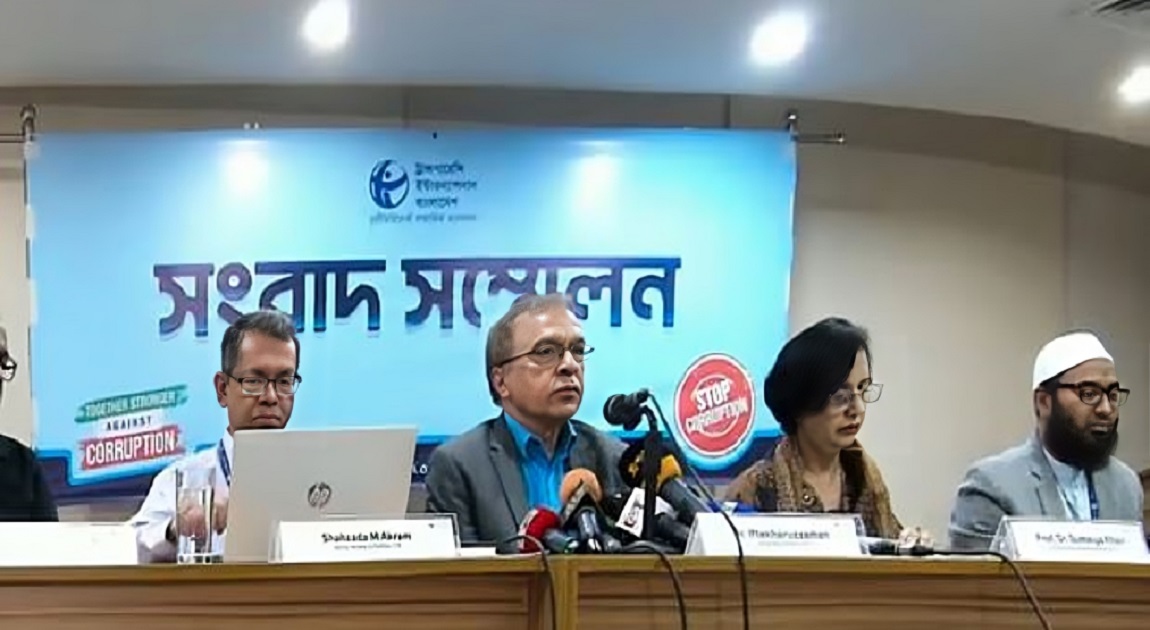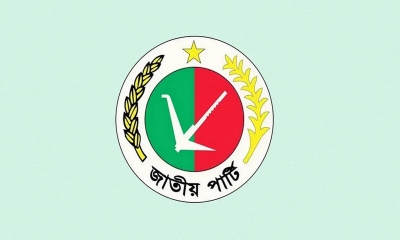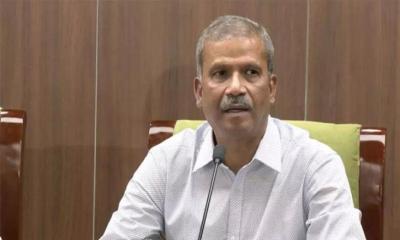Transparency International Bangladesh (TIB) has warned that the ongoing political situation in the country risks deepening into a more serious crisis due to uncertainties over the implementation of key reforms agreed upon in the July Accord.
Despite consensus on several reform measures among political parties, their constitutional and legal execution remains unclear, potentially undermining public expectations and political stability.
These concerns were highlighted in a TIB research report titled "One Year After the Fall of the Authoritarian Regime: Expectations and Realities," presented at a press conference on Monday at the organization’s Dhaka office.
The report was jointly presented by Senior Research Fellows Shahzada M. Akram and Md. Zulkar Nine.
According to the report, although initiatives were launched in areas such as judicial reform, electoral processes, and state restructuring, the interim government has faced significant challenges in the past year.
Key gaps remain in governance, justice, and administration, falling short of the expectations for a transparent and accountable government.
TIB observed that the implementation of recommendations made by various reform commissions has been limited. In many cases, only selective proposals were adopted, while bureaucratic bottlenecks hindered broader progress.
The lack of a clear roadmap or strategic plan from the government has eroded public and stakeholder confidence.
The report further noted a tendency toward ad-hoc decision-making and a lack of coordination within the administration.
While there have been attempts to reduce partisan influence in administrative reforms, the process often resulted in replacing one form of political dominance with another, leading to instability and inefficiency.
Disagreements among factions involved in the popular uprising—each pursuing their own agendas—have also complicated the path to systemic reforms.
Fundamental differences between major political parties on core issues have become increasingly evident.
TIB also pointed to ongoing restrictions on freedom of information and expression. It warned of the growing influence of religion-based politics over the past year, which has in some cases led to violence and coercion, threatening women`s rights and the country’s religious and cultural diversity. These developments, the report suggests, run counter to the principles of inclusivity and non-discrimination.










-20260216115008.webp)






-20260216055149.webp)

















